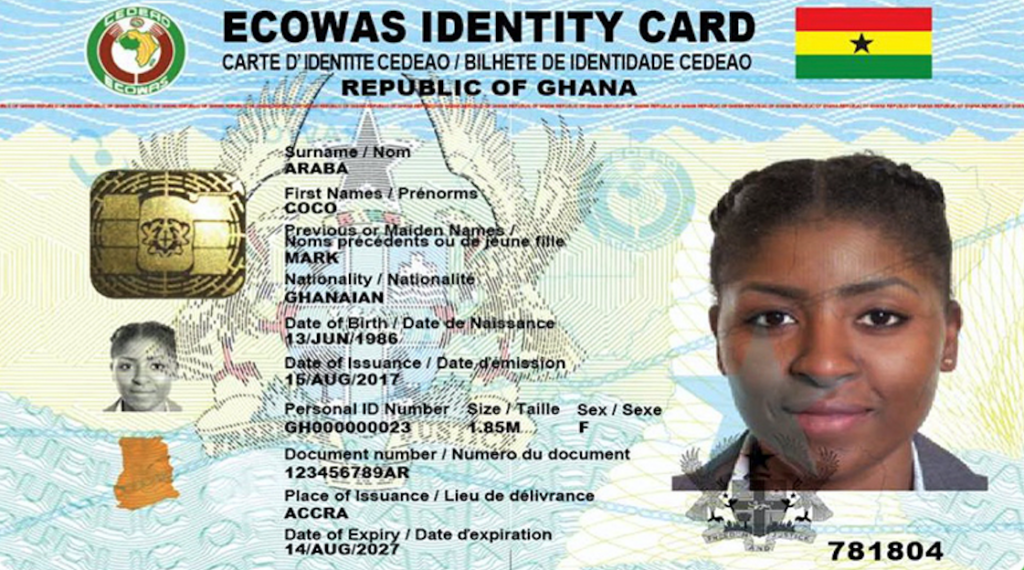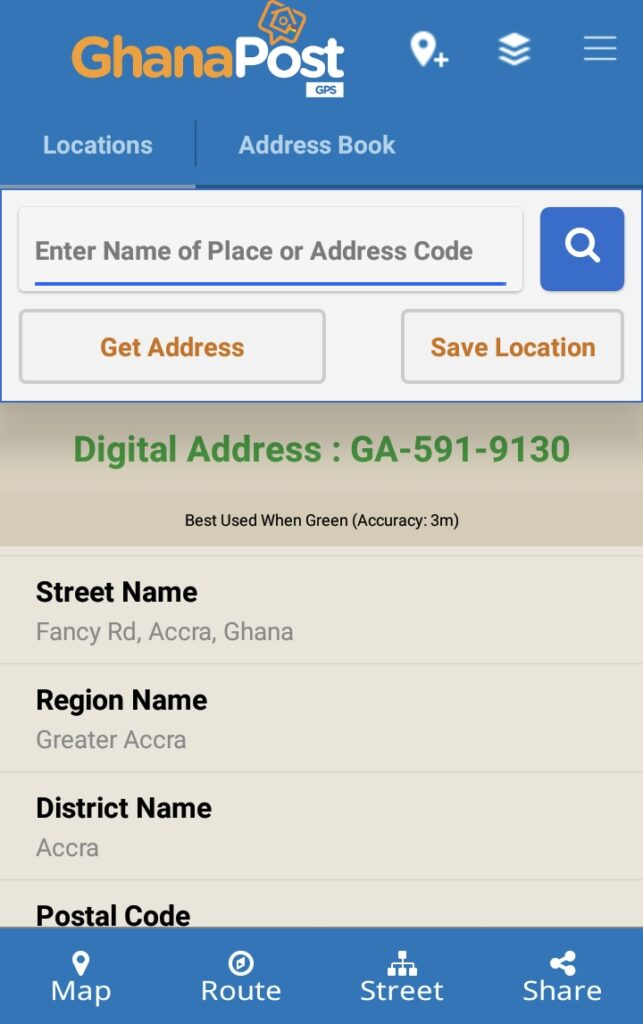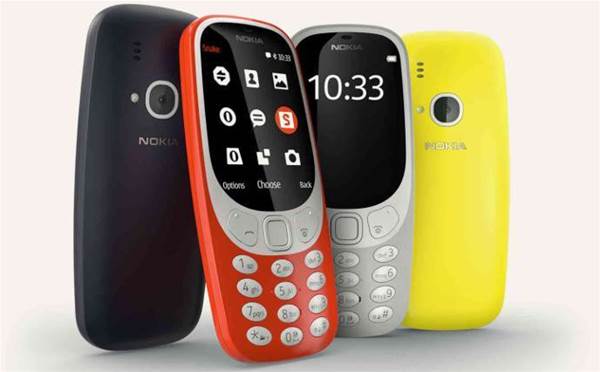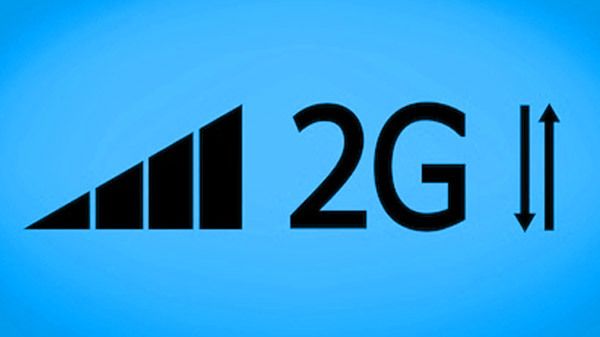
As a country, Ghana has come a very long way in its digital transformation journey, compared to other countries in Africa. In fact, some countries on the continent are beside themselves with awe over how Ghana is able to move that fast with digitalization, while they are yet to figure out a take off plan.
For instance, at the maiden Mobile World Congress Africa in Rwanda last year, Ghana emerged as the only country that has reached maturity stage in access to financial inclusion in the AfricaNenda Report on instant payments in Africa. This was on the back of Ghana’s financial inclusion triangle powered by the digital finance interoperability platform built and manned by the Ghana Interbank Payments and Settlements Systems (GhIPSS). This is just one of many such infrastructure the country has built to drive its globally-acclaimed digital transformation.
But one thing I have noticed with policy implementation in Ghana is that the duty bearers seem to deliberately leave and or create loopholes, which will require the hiring of contractors/consultants in the future for a fix. They then use that avenue to create jobs for their cronies, who come in and do the job, take our money and give kickbacks to the very policy implementers who deliberately created those loopholes or refused to seal them from the onset. It is a vicious cycle we must deal with as a people.
In fact, it is happening in the ongoing SIM registration, where government has created big loopholes (with their needless Stage 2) for the SIM registers to be compromised, and now the National Communications Authority (NCA) is about to award a contract to external auditors to audit the compromised SIM registers. The auditors will be paid with state funds and they will possibly pay kickbacks to the same individuals who created and or failed to seal the loopholes in the first place.
But for now, let’s talk about Ghana Card.

A key feature of Ghana’s digital transformation is the Ghana Card and the verifiable centralized database behind it – held by the National Identification Authority (NIA). The Ghana Card is so robust that now very important organizations like banks, SSNIT (social security and national insurance trust) and others have abandoned the respective ID numbers they generated for their customers and are now using the unique Ghana Card numbers as bank account numbers and SSNIT numbers. The Ghana Revenue Authority also hinted of plans to make Ghana Card numbers the TIN (tax identification number), while even the Electoral Commission is also asking to be allowed to use Ghana Card as Voter ID.
The robustness of the Ghana Card is mainly because it captures and consolidates all other national IDs like Passports, Drivers License, SSNIT Number, Voter ID, National Health Insurance and even the TIN. In addition to that it also captures the holder’s biometric data such as passport picture and fingerprints, as well as one’s DIGITAL ADDRESS.
It is because of the “robustness” of the Ghana Card and the easy verifiability of the data on it, that Ghana’s Communications Ministry insisted on the Ghana Card being the only valid ID for SIM registration in Ghana, something I strongly supported. Hitherto, all kinds of IDs were used for SIM registration and some of them could not be verified so the SIM registers of the various telcos were so compromised that loads of SIM cards were used for all kinds of fraud but could not be traced to anyone. But because the Ghana Card captures the DIGITAL ADDRESS of the owner, the assumption is that when a particular SIM card is used for fraud, the owner can be traced to their digital address and be arrested; at least that was what the government said. They also said in case of a domestic emergency or distress, it will be easier for emergency services to locate the address of the phone number used in calling them.
But this is where it gets tricky; of all the details captured on the Ghana Card, it would appear that everyone of them is verifiable and could be linked directly to a owner except the DIGITAL ADDRESS. When one applies for Ghana Card, one needs to be present for their picture and fingerprints to be captured. But when it comes to the digital address, it is purely based on TRUST. The system trusts the applicant to provide a genuine digital address of his residence or office where he can easily be found. No provision is made for checking and verifying if indeed the address being provided is actually genuine and traceable to an actual residence or office. So there is actually no guarantee that if anyone uses their SIM card to commit fraud, they can be traced to the digital address provided on their Ghana Card.

In fact, as part of my work as a journalist and consumer advocate, I have reported hundreds of phone numbers/SIM cards which have been used for all kinds of digital fraud – mobile money fraud, e-banking fraud, SIMBox fraud, social media hacking, airtime loot and more. Indeed, some of the numbers were from the MTN Ghana’s latest 053 number block, which was launched during the SIM registration period, which means they were registered with Ghana Cards and the owners should easily traceable. Recently, I asked one telco executive if they have ever been able to trace any of those numbers to genuine digital addresses to make an arrest, and the answer was an emphatic NO!
The telco executive then noted that the managers of the Ghana Card and SIM registration processes are fully aware that the resolution of GhanaPostGPS, on which the digital address is generated, is 6m x 6m, which is incredibly good, and allows a user to stand in the middle of nowhere and generate an authentic address for that location, once there is network coverage. However, there’s no way to confirm that the person actually lives at that address. That is where the problem lies. But for some reason, the duty bearers have turned a blind eye on the high possibility of people circumventing the process by providing addresses of places in the middle of nowhere just to obtain Ghana Cards.
Indeed, there are several factors that can lead to people providing fake addresses for Ghana Card, some of it deliberately, and others through no fault of the applicants. One wonders why these things don’t seem to matter to the duty bearers, who seem to be carried away by interests other than the national interest.
Let’s take a look at some of key factors:
Fraudsters: A fraudster whose main aim is to legitimize his identity by getting a Ghana Card, will never provide his actual home address, or an address to his actual location. In fact, it will be naive for anyone to think that a fraudster will provide a genuine residential address. A fraudster is most like to stand in the middle of nowhere, like a bush, a plain field, under a tree or even in front of someone else’s house and generate an address just to get a Ghana Card.

Again, fraudsters are most likely to generate addresses very far away from the community in which they live; all they need is to know is the closest landmark to that location, and the name of the district or area. For instance, someone can go from Kasoa (Accra West) to Oyarifa (Accra East) and generate an address there and use it. Or they could even work with their cohorts living on the other side town to generate and trade addresses, just to hide from the system. Fraudsters have proven that they are always one step ahead of the system. Hiding their actual location is the easiest thing to do.
Paranoid people who don’t trust the state: When I used to work at Multimedia, we did a story about some Lebanese involved in indiscriminate gunshots at West Legon. Subsequently, myself and two other colleagues got invited to National Investigations Bureau (formerly BNI). During interrogations, they asked for my home address; I gave it to them, but I was a bit hesitant because of all the things we knew about how such state security institutions have been used by politicians to harass journalists and citizens. It is scary enough for NIB to know my office, much more my house. Generally, we don’t trust the government – there is a nagging feeling of paranoia in everyone due to the fear of possible government retribution, and that is enough for people to provide fake addresses for Ghana Card.
Privacy: There are people who are extreme about their privacy and they would rather keep their actual home address private. They may provide office address but not home address. So, once they leave that job, you can’t use their Ghana Card details to find them. In fact, such persons don’t even like anyone in the office knowing their house. I am not deliberately private like some people are, but I can tell you that until Covid-19 happened, no one in my office knew my house for the 10 years I worked there. During Covid lockdown, one or two drivers got to know my house because I needed the office vehicle to move from home to the office, otherwise I will be stopped at security checkpoints.
So, the first three are people who could deliberately generate fake digital addresses just to get a Ghana Card. But the next three are people who may have presented digital addresses that cannot be traced to them through no fault of theirs.

Yam phone users: Feature phones, otherwise know as Yam phones don’t have the ability to generate digital addresses on the GhanaPostGPS app. The app is purely a smartphone thing. There is no USSD access to the platform, so Yam phone users are limited. Meanwhile, recently, telecoms market leader MTN Ghana, which is heavy on digitalization, reported that out of its 13 million mobile money customers, only about 400,000 use their digital channels. The remaining 12.6 million plus use USSD channels. This is a pointer to the reality that way more people use yam phones than smartphones. One can only imagine how such people are obtaining their digital addresses and whether those addresses are genuine or not. Such persons are most likely to let someone else generate addresses for them and it may often be from locations other than their residences or offices.
Indeed, the 2023 Digital Ghana Report indicate that at the start of the year, there were 43.88 mobile connections in Ghana, out of which 23.05 million are connected to the internet. That leaves over 20 million devices with no internet connections. But the reality is that, 23 million internet connections does not mean 23 million unique individuals because some people own more than one device connected to the internet. That possibly eliminates even more people from internet connection, which include the next category of people who may have presented fake digital addresses for Ghana Card.

People whose houses’ don’t have internet coverage: In this advanced digital technology world, telcos in Ghana still have very wide 2G networks. In fact there are some areas in Ghana which have only 2G and nothing else. MTN reported recently that they have over 99% 4G coverage across Ghana and are even ready for 5G. But till date, even within major cities like Accra, there are times when our high-end phone signals on MTN read Edge or G, which are all manifestations of 2G. And even when the signal reads 3G nothing really works unless you get a 4G or LTE signal.
So imagine someone living in a 2G only area, such a person will simply not be able to generate a digital address from his home. The only way out for such a person is to find someone living is an area that has a higher technology where a digital address can be generated. What then happens is that the address generated cannot be traced to the one who eventually presents it for the Ghana Card because that was not his or her home address.
Ignorance: The level of tech literacy in Ghana is not one of the best. There is still a huge digital adoption gap to be bridged in Ghana, and one of the main reasons is digital illiteracy. Some people are simply ignorant about how to get around the GhanaPostGTP so they depend on others to generate addresses for them. Again, the addresses are generated where the helper is found, and they may most likely not be the residence of the person who needed the address.
The reality is that some of the ignorant people even go all the way to the registration centers and get someone to generate addresses for them at the center, as if the registration center is their home. But because no one checks they use those addresses to register and get their Ghana Cards all right.
In conclusion, I still think the Ghana Card is one of the best infrastructures we have in the country. It may as well be the master stroke in Ghana’s digital transformation journey. This is why we need to ensure that it is indeed as robust as we desire it to be. In security there is a mantra that the word “secured” does not exist because no matter how right a security system is, there will always be loopholes. Even the keyhole in the door to a house is a loophole criminals can take advantage of. But the aim is always to reduce the loopholes/risks to the barest minimum and not to ignore glaring loopholes. It is my opinion that a loophole like an unverified digital address captured on the Ghana Card is too big and can be the one thing that defeats the critical purpose of tracing criminals to their destinations. The duty bearers need to proffer a fix now before it becomes another avenue for create, loot and share.









